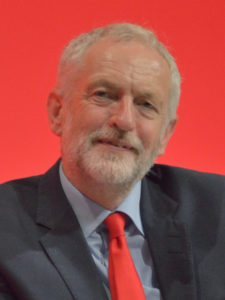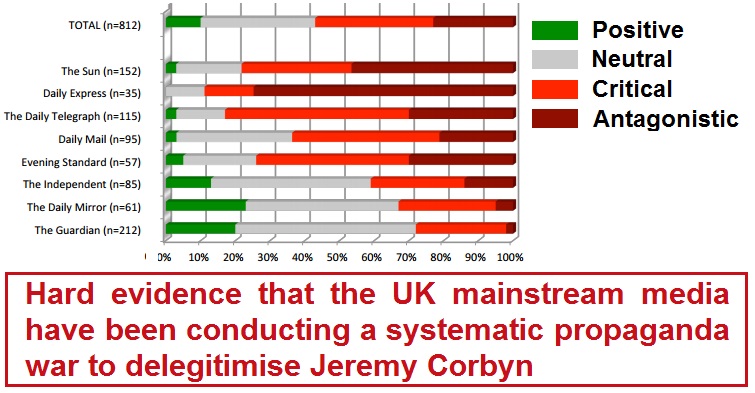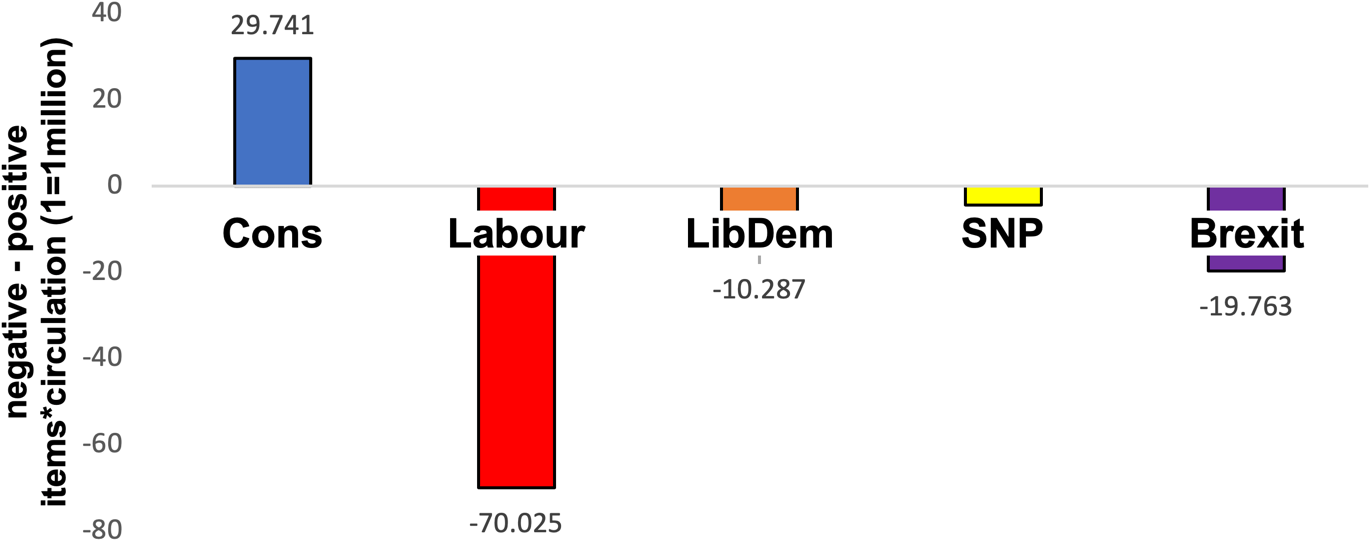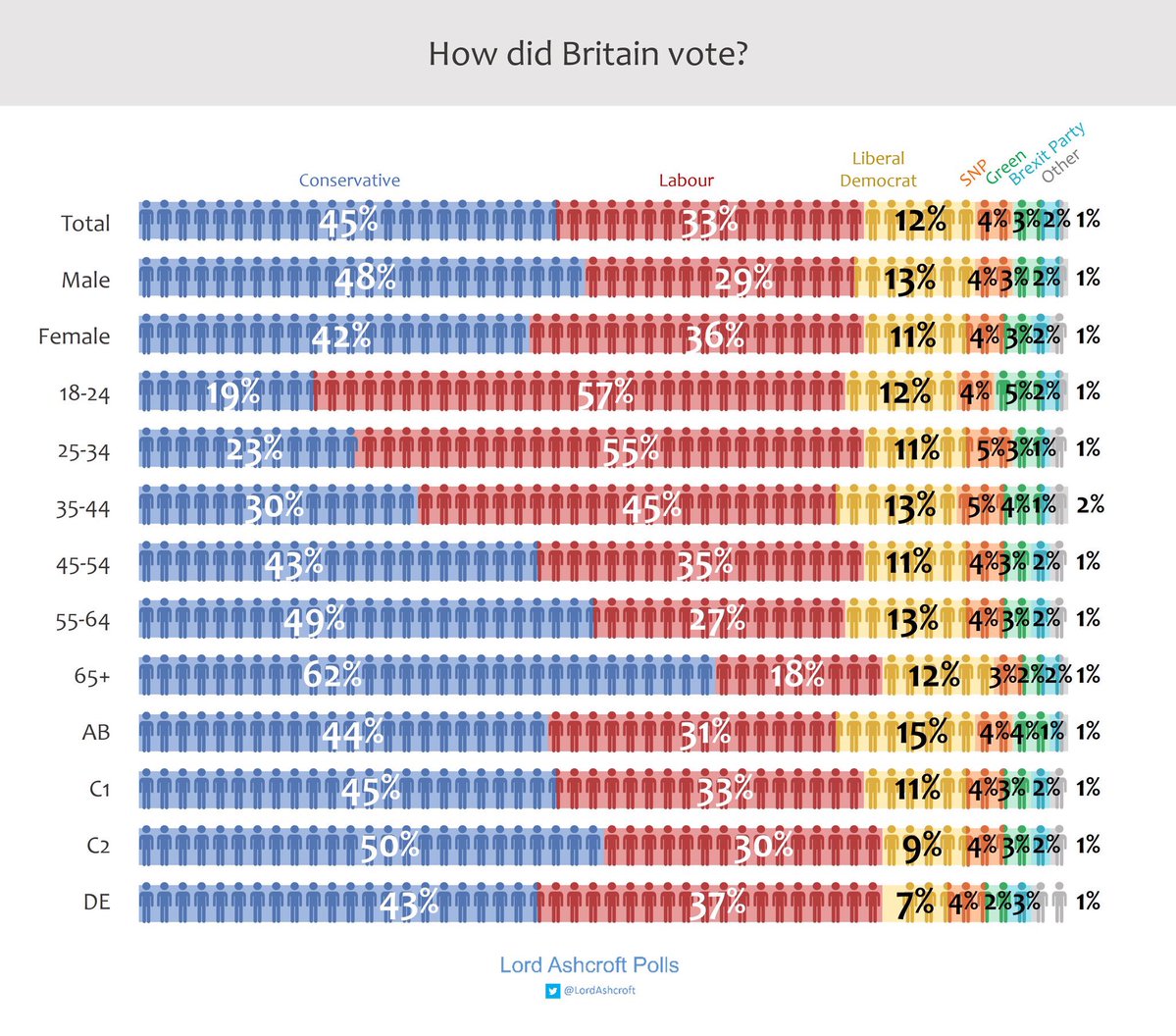
Jeremy Corbyn, the UK’s Last Hope
The more I look at the UK the more I become convinced it’s done. We tend to forget that United Kingdom is the union of Scotland and England and I don’t see a reasonable scenario where Scotland doesn’t leave the UK. The UK will almost certainly also lose Northern Ireland, which post-Brexit does not make sense in the UK (and the EU is FAR more powerful than the UK and wants Ireland re-united). Give it a couple decades and I wouldn’t be surprised if England (they won’t be the UK then) loses control of Wales.
This has been a long time coming. England has been de-industrializing since the late 19th century. After the war they didn’t renew their physical plant and wound up in such bad shape in the 70s they had to go to the IMF for help. They joined the EU to get help, so that the IMF wouldn’t completely immiserate them (which is what it does to countries.)
The EU did bail them out, that’s just a fact, but then came neo-liberalism. Remember that it first took formal power in Britain, with Thatcher, in 79. Oh President Carter in the US had a lot of neoliberal policies, but he wasn’t formally with them. Thatcher was.
Thatcher deliberately accelerated de-industrialization. The decision was made that Britain couldn’t compete, and more importantly, shouldn’t even try: neoliberalism said to open borders, not engage in industrial policy and so on. The policies needed to rejuvenate Britain’s industrial plant and become involved with the next great techological leap (which Britain still had the ability to do, to be clear, it still had good computer companies, for example, and auto firms and so on), were thus ideologically forbidden.
So what happened instead is that Britain completely financialized: everything poured into “the City”, the financial capital and money was made primarily from financial games. The people who lost their jobs were not compensated and did not find good jobs to replace them. The social state was liquidated in wave after wave, starting with Thatcher bribing people by selling them council homes for less that they were worth.
As usual, some people won from this, at least for a generation or two, but the real wealth production of the UK was absolutely shattered (financial games do not count.)
Then came Brexit. It’s worth noting two things about the EU: it is an evil neoliberal institution AND it was less evil than a big chunk of the British establishment: it was stopping them from doing even more evil things (aka. even more immiseration of the population and even more lowering of regulations and privatizing of the state).
The people who had lost their good jobs and been plunged into multi-generation shit-lives blamed the EU. Remain pointed out that the EU was actually keeping those people’s heads above water, but it was also true that the policies required to un-immiserate them were essentially forbidden by EU rules. No matter, it wasn’t decided on that: it was decided on the UK having been in the EU for the entire period when their lives had gotten worse. Maybe the EU was not the villain, but their lives still sucked ass. “The EU makes sure your miserable lives aren’t even more fucking miserable, peasants” was not the winning argument many Remain types seemed to think it was.
So Britain left the EU, and now what is happening is that the population is being even further immiserated. Austerity upon austerity upon austerity. Every pound which can be hoovered further up the chain is being sent up. The ruling class is solidifying its position over a de-industrialized country. It is better to be rich and powerful over a bunch of beggars, than to give any power or money to the hoi polloi.
The route out was offered: elect Corbyn, a 60s style liberal, and do a left wing Brexit. Then engage in actual industrial policy and bring back an economy which actually produces things and services (other than financial games) that both it and the rest of the world needs.
But Corbyn wanted to help reduce poverty, to give more money and power to the poors and the middle class. He wanted to gut the City (which has to be done, because a financial center like that actually harms the rest of the economy outside of it), and to let people into the power-franchise who didn’t go to OxBridge.
He was a direct threat to the elites. They would rather be in charge of a collapsing country returning to poverty than be less powerful in a more prosperous nation returning to true health, though most of them are too ideologically bound to even understand that was what was on offer: all they could see is Corbyn was a threat.
So they took him out, lying about him almost 80% of the time, and enough British voters were fooled.
And now the UK’s days are numbered. The only way to keep Scotland in would have been to make it a good place to be again: to reverse the decline and be seen to be reversing the decline.
The EU sucks, but it’s better than a Britain run by people like Boris Johnson, and the Scots can see that, and soon enough the Irish and Welsh will too.
And so the sun which was never to set, will set on Great Britain.
(My writing helps pay my rent and buys me food. So please consider subscribing or donating if you like my writing.)

 There’s been a vast amount of foolishness in the discussion about this.
There’s been a vast amount of foolishness in the discussion about this.


 They claim it’s due to anti-semitism and Corbyn’s approach to Brexit. (The anti-semitism charges are, to my mind, essentially bogus. There is no more anti-semitism in Labour today than under Blair—-unless, of course, one thinks that criticizing Israel is anti-semitic.)
They claim it’s due to anti-semitism and Corbyn’s approach to Brexit. (The anti-semitism charges are, to my mind, essentially bogus. There is no more anti-semitism in Labour today than under Blair—-unless, of course, one thinks that criticizing Israel is anti-semitic.)